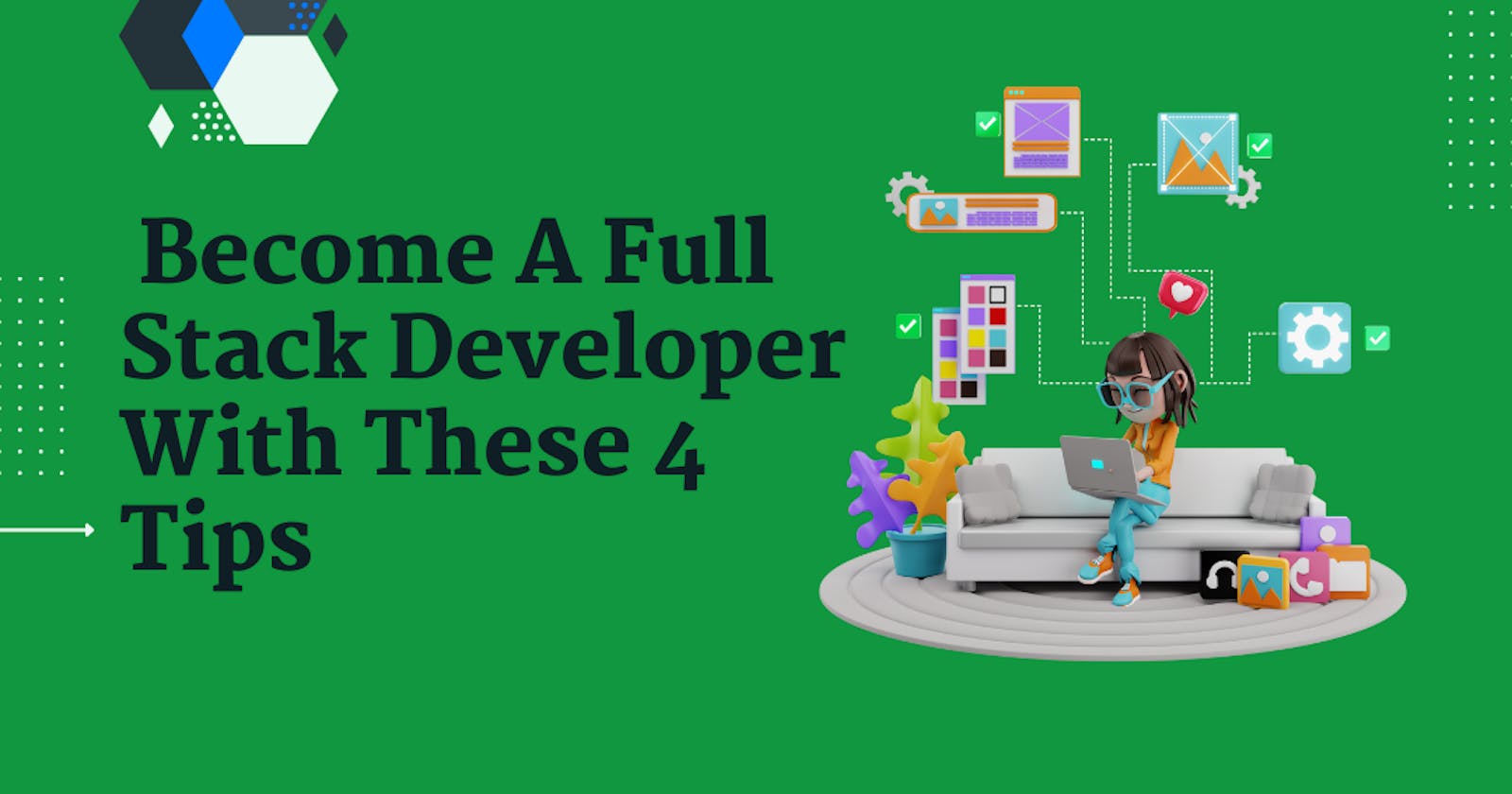Lost In The Sea Of Full Stack Developer Courses? Here Are 4 Tips To Help You In Becoming A Full Stack Developer!
The "Full Stack" subject has developed into a new employment trend. The full stack developer receiving both praise and criticism was the subject of a Medium piece. Some believe that the term "full stack" is merely a title and that the individual should pay more attention to their actual technological and human skills. In this article we will go through the smart ways to become a full stack developer and full stack developer course.
What Exactly Is A Full Stack Developer?
Simply said, a full stack developer is someone who has mastered a multitude of abilities and uses these skills to complete a product on their own.
A full stack developer is an engineer who can work on databases, servers, systems engineering, and client applications. Customers may require a mobile stack, a Web stack, or a native application stack depending on the project.
To answer the question, What is full stack development? The term "full stack" refers to a combination of technologies required to accomplish a project. A "Stack" is a collection of sub-modules. These software sub-modules or components work together to deliver the desired purpose without the need for additional modules.
A qualified full stack developer should have functional knowledge and expertise in all elements of application development-
1. Learn Your Programming Languages
You must be fluent in several programming languages, including JAVA, PHP, C #, Python, Ruby, Perl, and others. You can learn these through Coding Course Online. Because the majority of your essential business operations must be written in these languages. Perhaps not all are required. However, you must also be fluent in the language's syntax and understand how to plan, create, implement, and test a project based on one or more languages. For example, if you select JAVA, you must learn object-oriented design and development, design patterns, J2EE-based development components, and so on.
2. Know Your Frameworks
The popular development languages, such as JAVA Spring, MyBatis, Hibernate, Python Django, PHP thinkphp, yin, nodeJs express, and so on, are usually accompanied by a good development framework.
Front-end technologies are becoming increasingly significant in project and product development today. In addition to product characteristics, the user experience is one of the variables used to determine a product's success. All of this is dependent on how the front-end technology is implemented, thus you should learn certain fundamental front-end technologies like HTML5, CSS3, and JavaScript, as well as front-end frameworks or third-party libraries like JQuery, LESS, SASS, AngularJS, or REACT.
3. Databases To Rescue
A database is required to hold data in any product or project. As a full stack developer, you must also have at least one or two databases and understand how to connect with them. MySQL, MongoDB, Redis, Oracle, SQLServer, and more prominent databases are currently in use. MongoDB is becoming more popular in Internet products as a document-type database. One can easily learn these through a Full stack web development course. Using MySQL or commercial Oracle as the back-end database for larger projects. While memory databases such as Redis can be utilised for caching in order to increase system performance.
4. Take A Full Stack Developer Course
To remain relevant, even the most prepared should be eager to continue learning new things. New technologies regularly join the fray - no one understands everything. A full stack developer must keep up with these changes. Taking online or virtual full stack web development course is a convenient method to continue your education.
Because the goal is to study theory and gain practical experience as quickly as possible, look for courses that provide:
- Mentoring from experienced coders.
- A schedule that is adaptable to your needs.
- Projects as a component of the curriculum.
- Clarification of doubts through tutoring (either individually or in groups).
According to Gladwell's 10,000 hours of law, becoming a full stack developer will take 10 years to master the front-end, back-end, and client-oriented knowledge content. As a result, becoming a full stack developer will not happen overnight. What you must do is set the technical basis, reinforce the basic skills, and continue to learn in order to face new problems.
